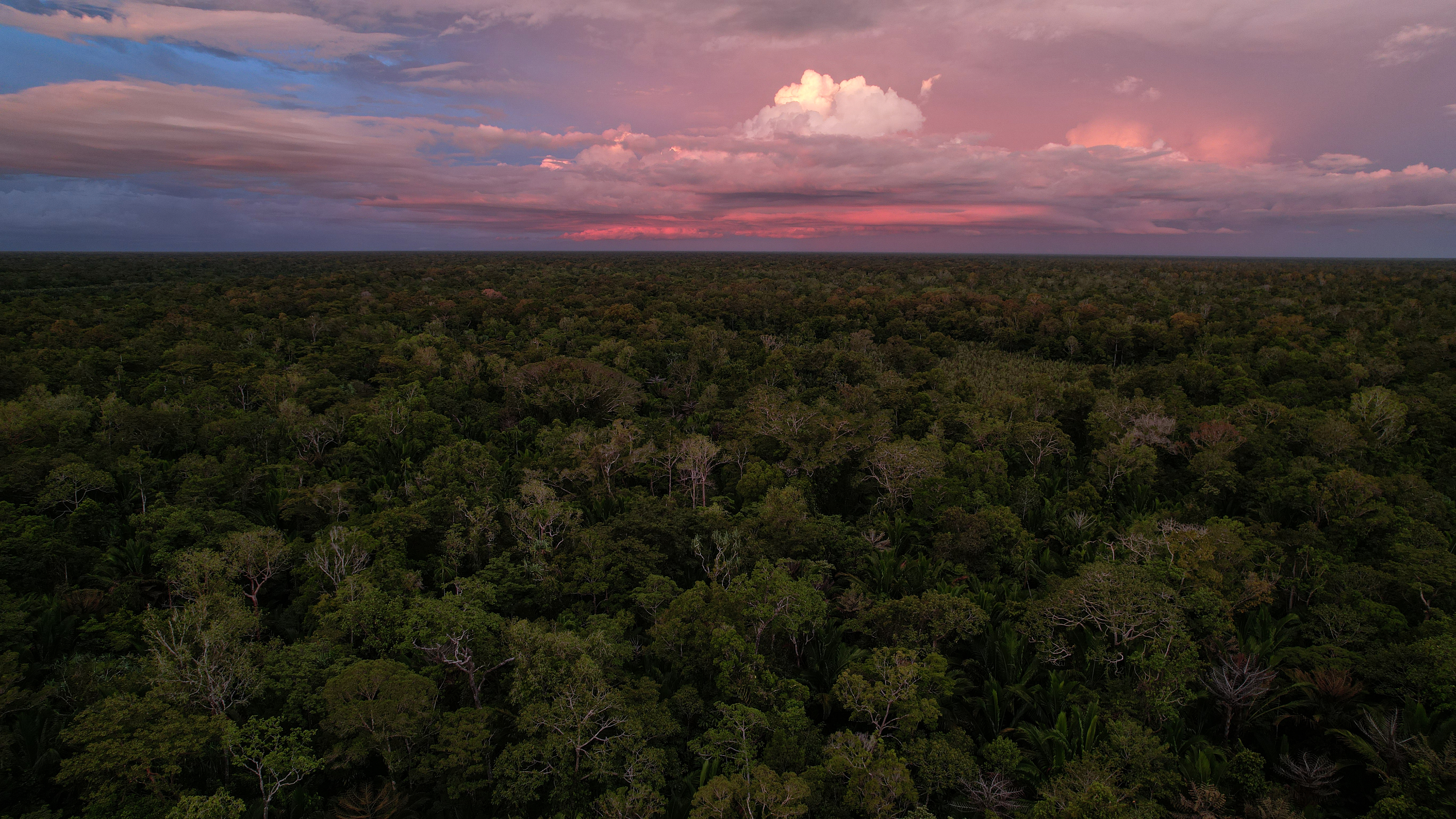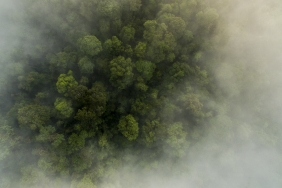RANGER, A FORMIDABLE FIGURE GUARDING NATURE'S WEALTH
By: Natalia Trita Agnika
God has blessed humanity with an abundance of natural resources. From dense forests that are home to a variety of animals to vast oceans inhabited by thousands of marine life. We benefit greatly from these natural resources.
Like precious treasures, forests and seas need to be protected. And, it is not easy. It takes a tough figure who is willing to go through difficult terrain and far from community settlements. Not infrequently, the guardians of the area that stores natural wealth must deal directly with danger; both caused by nature and mankind.
The Indonesian government through the Ministry of Environment and Forestry has appointed Forest Rangers - also known as "rangers" - to carry out forest protection and security activities, which include forest areas, forest products, plants, and wildlife in them.
Apart from government officials, conservation organizations such as WWF also have rangers who refer to individuals who are professionally involved in efforts to protect and supervise national park areas. Their duties include patrolling, monitoring wildlife, fighting poaching, working with local communities, fighting forest fires, and assisting with tourism.
Patrol
One of the most important tasks of a ranger is to patrol. The distance and type of patrol depends on the surveillance area. However, on average, WWF's rangers patrol 10-15 kilometers per day (source: tigers.panda.org). There are two types of patrols conducted by WWF's rangers; daily patrols and long-distance patrols. When the area to be monitored is very large and the number of rangers is small, they have to patrol for 5-7 days.
Surveillance
The existence of rangers can be likened to the eyes and ears in keeping an eye on what is in the forest and sea. Some rangers are equipped with cameras to take pictures. The information collected by the rangers can be used to take the next steps in conservation efforts.
Fighting Crime
When patrolling, it is not uncommon for rangers to encounter crimes such as poaching, illegal logging, and habitat destruction. The rangers will collect or record evidence to submit to the authorities. Equally important, they will also remove traps and traps set by poachers so that protected animals can be saved.
Since natural resources belong to the community, the community is also asked to monitor and protect them. Through the Community Supervisory Group (Pokmaswas), supervision of natural resource utilization can be carried out by the community. Unlike the forest and water police, Pokmaswas does not have the authority to take action against criminals. However, this group is the spearhead of monitoring the utilization of natural resources, especially with the limited number of ranger personnel to oversee a very large area.
Pokmaswas emerged from the community who have been 'fed up' with the actions of irresponsible people who damage natural resources. They are moved to monitor and preserve nature.
What about people who live in urban areas? Urban communities who are moved to participate in monitoring, protecting, and preserving forests and seas can get involved in conservation efforts. One way is by becoming a WWF Warrior. Let's help the rangers protect our natural resources!





